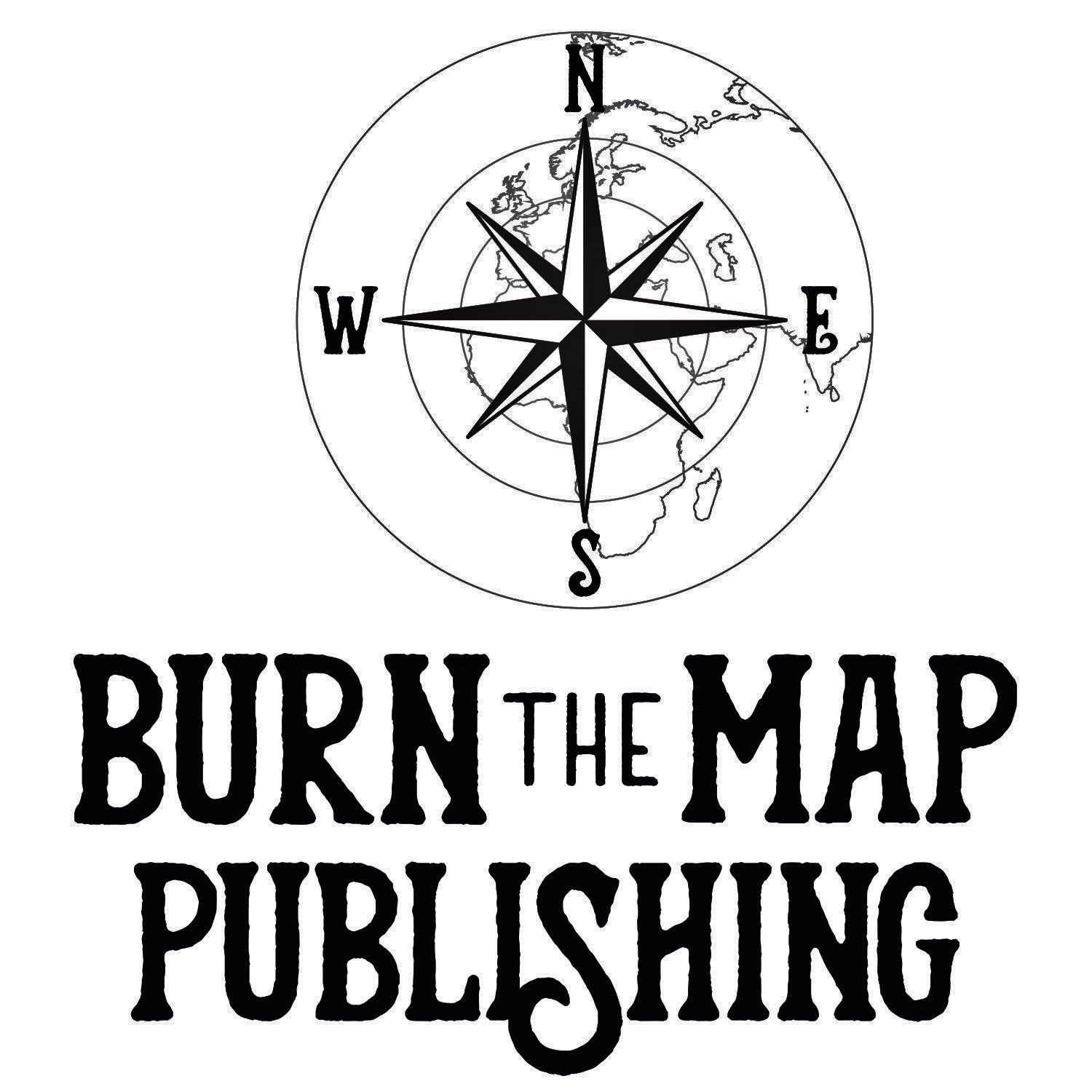Why I Burn Maps
Many kinds of literature are taught in schools, but it would be, in my experience, ridiculous to suggest that they are presented in an equal light. Interpretive literature (pronounced “lit-ra-chuhh”), we are told, is a sophisticated and adult thing, while escapist fiction is written for children, the uneducated, or the shallow. People of intelligence can enjoy escape stories, of course, but only in a self-aware, patronizing sort of way; interpretive literature is the meat, escape merely the dessert, and not even a classy, gourmet dessert, at that. Even the terms themselves prove condescending to the less scholarly camp, for to “interpret” a thing means not only to regard and analyze it but to bring it forth into a relevant context, while to “escape” something is merely to run away from or deny it.
I have always bristled, however, at the notion that a story must set out to teach some insightful or profound truths about the nature of humanity in order to be of value. Indeed, while I am no anthropologist, the history I have learned suggests that from the very beginning, the dual purpose of a story to both instruct and enthrall was in full force. There can be little doubt that, just like today, some stories did one more than the other. In the dark of primitive night, however, when what little work could be done would occupy the hands more than the mind, it is foolish to think even the simplest excitement was undervalued.
Indeed, I believe it is the “escape” story that has survived its transition into modern fiction more or less unscathed, for it is my estimation that the yearning and adventure that excite mankind have changed very little in their basic substance over the last few thousand years. A spaceship unearthed from an ancient ruin might replace winged shoes from the gods, but the core of the thing, satisfying humanity’s desire to soar beyond the farthest horizons, is very much the same.
In its role as a teacher, however, I believe the story has undergone a vast transformation, and not, that I can see, for the better. Early stories taught truths that were inarguable and necessary: The Dark is to be avoided, lest one become lost. The Wild is to be tamed, lest one become dinner. The Law is to be honored, lest one become outcast. While the implications were profound to the audience, the lessons themselves were not particularly open to debate. One could argue the Wild wasn’t really dangerous only up until someone’s cousin was eaten by a saber-tooth cat, at which point any disagreement largely resolved itself. The Storyteller offered sound wisdom, but that wisdom wasn’t his own; it was the collective knowledge of the Tribe, and to share it was his solemn duty.
Today the lessons we are to learn from “scholarly” fiction are not so universal (though they will claim to be), nor do they represent the time-tested consensus of the clan. Instead they offer only the storyteller’s opinion, adding but one more voice to the cacophony of suppositions that surround us. In this regard they offer nothing more noble than the afternoon talk-show or twenty-four-hour news analysis channel. Moreover, I consider writing a wild and dangerous thing, the closest thing to magic which man has yet achieved, and to be handled with equal care. Putting ideas into words gives them power, putting them into print gives them permanence, and putting them into publication gives them credence (deserved or not). Given the power of Story itself, a book written primarily to change someone’s mind has a very dangerous chance of succeeding, whether or not it was right to do so.
So it is that I place my greatest faith for the beauty of storytelling in the “shallow” fiction that helps us “escape” from the world around us or, put more fondly, in the stories that enthrall us, for the ability to enthrall is also the ability to inspire without coercion. If I write a tale about a hero, it might inspire others to summon up the heroes that live in their own hearts, to be their own kinds of heroes, not the kind I might dictate. If I write a story about a grand adventure or mystical quest, it might inspire another to search out their own calling and do their best to fulfill it, not merely take up the cause I espouse. If I choose to set these stories outside the real world, it only opens the doors of hope that much wider, the better to help the reader escape not their reality, but the rut of their everyday thinking, to weave the tale of their own life, however fantastic it may be.
Would you rather that your fiction was a mirror or a telescope? A mirror can only reflect, but a telescope brings near the impossibly far. Why hold up a mirror to life when you could lift up someone’s eyes to the farthest horizon? Why persuade someone to a path when you could inspire them to their own? Why draw someone a map…when you could burn it?
